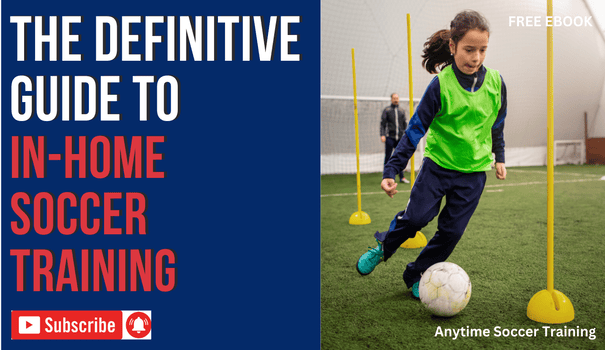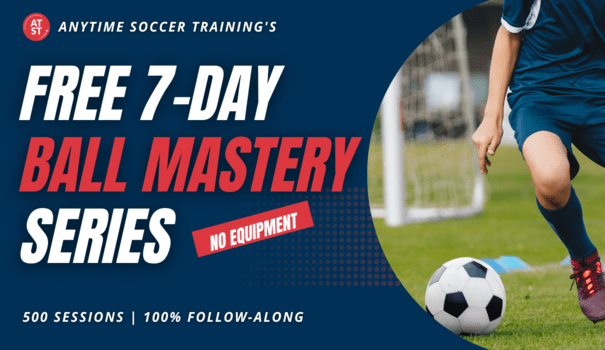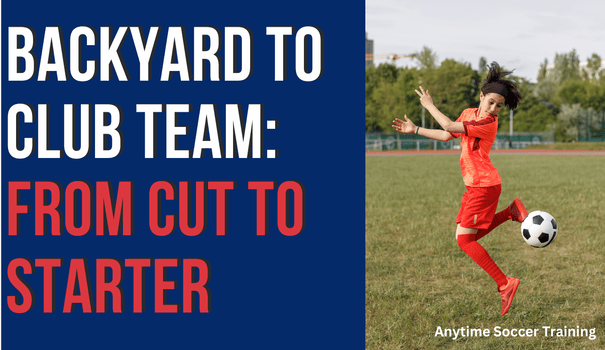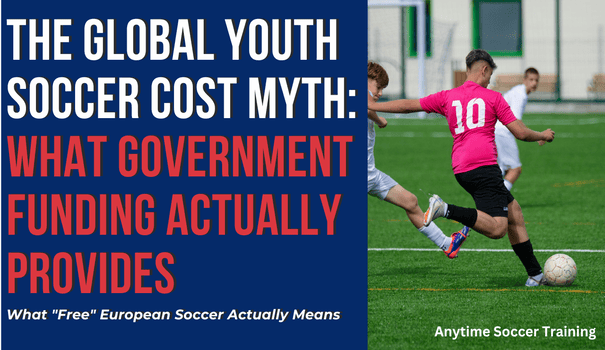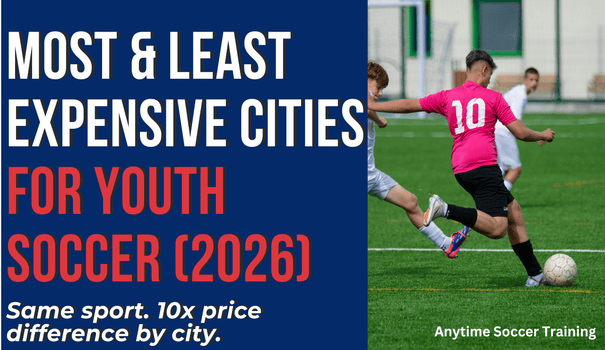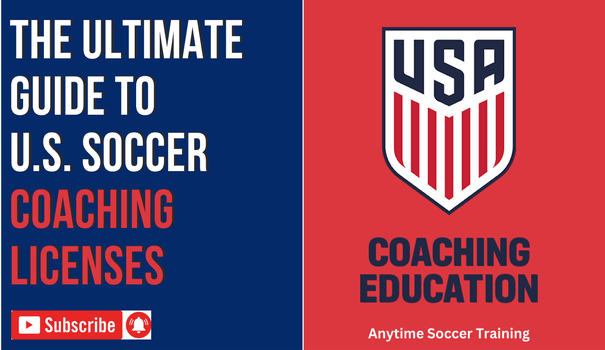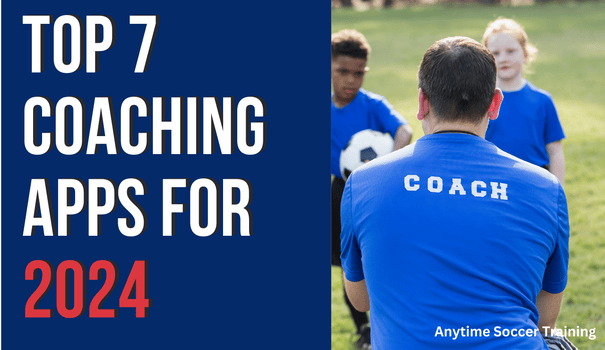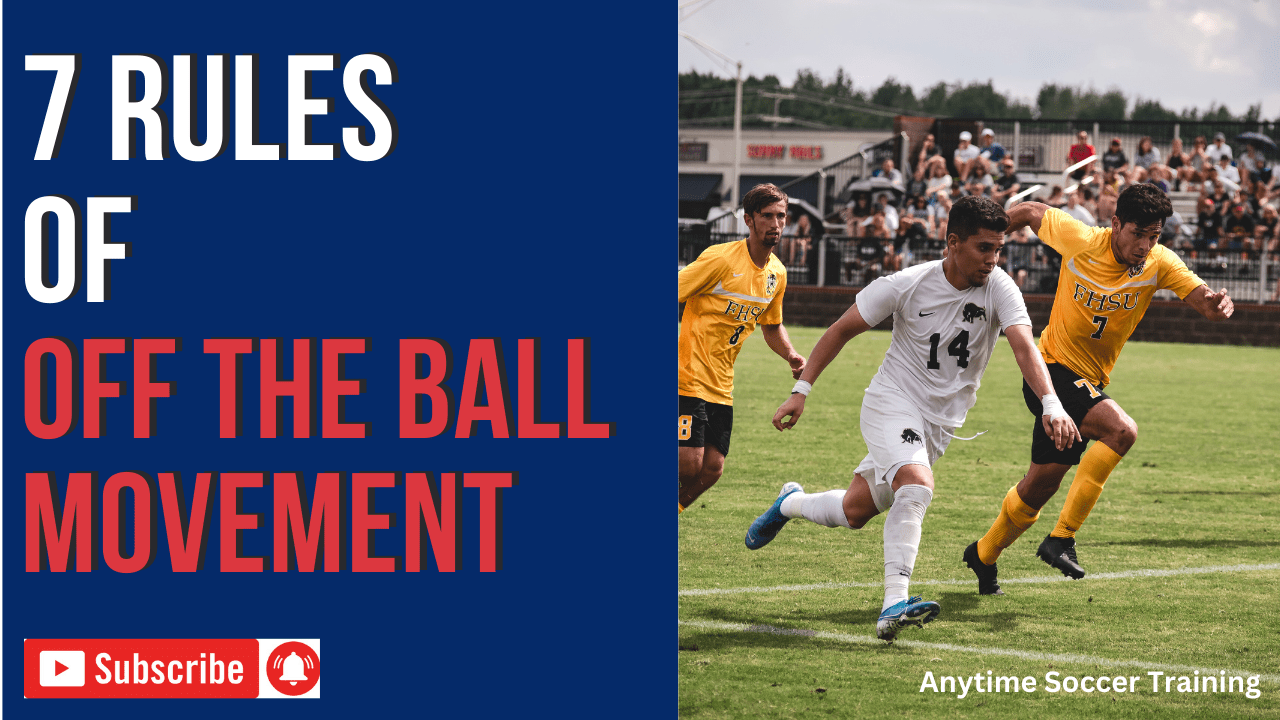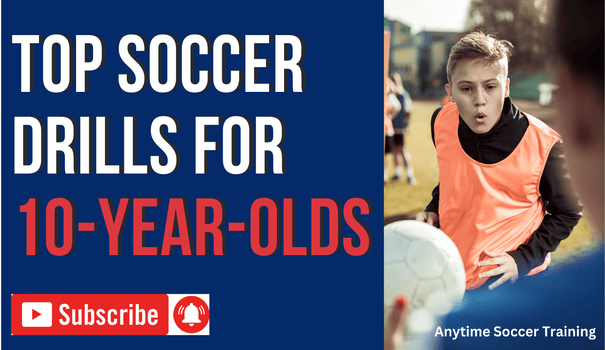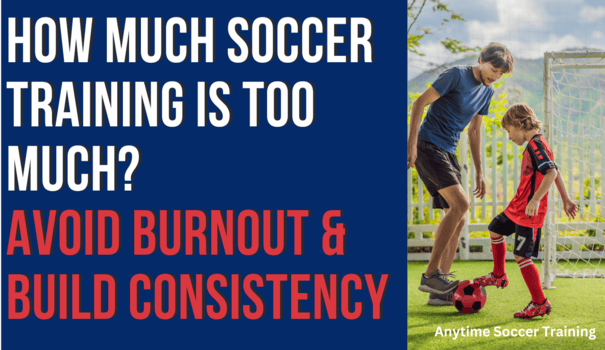
If you’re like me, you’ve probably found yourself wondering—more than once—if your kid is training enough… or maybe training too much.
I’ve had those questions rattling around in my head for years. And to be honest, I still do.
I didn’t grow up playing soccer. I’m not a professional coach. I’m just a dad who wanted to help his sons improve. One thing led to another, and now I’m training with them in the mornings, building a soccer training app, and talking to other parents through the Inside Scoop podcast.
But at the heart of it all, I’m still just trying to answer that same question:
“How much is enough?”
And the truth is… it depends.
Spoiler Alert: There’s No Magic Number
I wish I could tell you, “Just do X hours a week, and your kid will go pro.”
But soccer doesn’t work like that.
What I can tell you—from watching my boys, talking to other parents, and supporting kids inside the Anytime Soccer Training app—is this:
The most committed, academy-level kids I’ve seen tend to spend about an hour per week on soccer for every year of their age.
So that means an 11-year-old might log around 10–12 hours a week doing soccer stuff. A 15-year-old might hit 14–16 hours. And by “soccer stuff,” I mean everything: games, team practice, rebounder drills in the garage, fitness, recovery, even watching game film.
But that’s just a pattern—not a requirement. It’s not a rule. Some kids train less and thrive. Others train more and still hit roadblocks.
And that’s okay.
More Doesn’t Mean Better
Early on, I thought the answer was just… more. More drills. More sessions. More training.
But over time, I realized: More hours doesn’t guarantee more growth.
Some of the best weeks my kids have had on the field came after lighter training loads. Some of the worst games came after a “perfect” training week.
Progress doesn’t always show up on schedule. And pushing harder isn’t always the answer.
What matters more is consistency, joy, and recovery—especially when your child is still growing.
A Word of Caution: Watch for Overtraining
This one took me a while to really understand—and honestly, I still have to check myself sometimes.
When a child is motivated and things are going well, it’s easy to just keep stacking sessions. Team training, private training, homework, free play… before you know it, they’re doing something soccer-related seven days a week. It feels productive. It feels like progress.
But here’s the thing: overtraining sneaks up quietly.
It doesn’t always look like injury. Sometimes it’s mental fatigue. Sometimes it’s just a quiet lack of joy. You’ll notice they’re a little more irritable. Their body language changes. They start dreading things they used to love.
If you see those signs, hit pause. It’s okay to rest. It’s okay to take a weekend off.
Recovery isn’t a break from development—it’s part of it.
The Hard Part: It’s Not Always Fun
Here’s something we don’t say enough as parents:
This stuff isn’t always fun.
Some mornings, my youngest would rather lie on the floor than lace up his cleats. Some evenings, my oldest is quiet and burned out from school and training.
And sometimes—I’ll admit—I’m the one who doesn’t feel like doing it. That’s when I remind myself: this is a long game. There are seasons when we push, and seasons when we rest.
The key is knowing when to lean in and when to step back. Because burnout doesn’t always show up as “I hate soccer.” Sometimes, it just looks like a tired kid who needs a break. And that’s okay too.
A Peek Into Our Weekly Rhythm
Here’s what training actually looks like in our house. This isn’t every week, but it’s a good one.
For My 15-Year-Old (MLS Academy Player):
He trains with his team 3–4 times a week, has a weekend game, and lifts twice a week. We also mix in two short technical sessions using Anytime Soccer Training.
On paper, that’s around 12–14 hours. But we adjust all the time—based on school, how he’s feeling, and what’s happening in life.
🖼️ Download: 15-Year-Old Weekly Schedule
For My 11-Year-Old (Pre-ECNL):
We aim for short, consistent sessions. Two rebounder sessions during the week. One early morning session. A bit of ball mastery after practice. And maybe a weekend backyard session.
It’s about 3–4 hours of structured work outside of team stuff. But we don’t force it. Some weeks, we scale back. Some weeks, he asks to do more.
🖼️ Download: 11-Year-Old Weekly Schedule
Don’t Try to Fix Everything You See in the Game
This is something I still struggle with. There was a stretch where I’d leave every game with a list of “fixes” in my head. Bad touch here. Poor decision there. Slow recovery. Weak pass.
And I’d try to address it all—sometimes before we even left the parking lot.
But that didn’t help. If anything, it made things worse. What I’ve learned is: you don’t have to fix everything. Let the game reveal. Let training respond. Give it time. This is a 10-year journey. It’s okay to let your kid grow into it.
5 Mistakes I’ve Made (And Still Catch Myself Making)
- Trying to be the coach during games.
I’ve been that guy yelling “press!” from the sideline. My kids didn’t need that. They needed a dad, not a second coach. - Overloading the schedule.
Just because we can do something every day doesn’t mean we should. More isn’t always better. - Turning training into a checklist.
Sometimes we just need to kick around for fun. The sessions that felt like play often did more than the ones I planned out perfectly. - Expecting progress to be linear.
One step forward. Two steps back. That’s the rhythm. That’s okay. - Forgetting to ask them how they feel.
Sometimes I assume too much. But asking, “How are you feeling?” or “What do you want to work on?” opens up better conversations.
Final Thoughts (From the Soccer Dad in the Trenches)
If you’re trying to do the right thing for your child. If you’re wondering whether you’re helping or pushing too hard. If you’re worried they’re falling behind or getting burned out.
You’re not alone. You’re doing better than you think.
There’s no perfect number of hours. No magic formula. No guaranteed path.
Just a chance, every day, to help your child fall a little more in love with the game—on their own terms.
If you’d like help creating a simple, follow-along training plan for your child’s age and level, I’d love to send you a free 7-day soccer skills challenge. 7 follow-along training sessions that you can keep forever.
